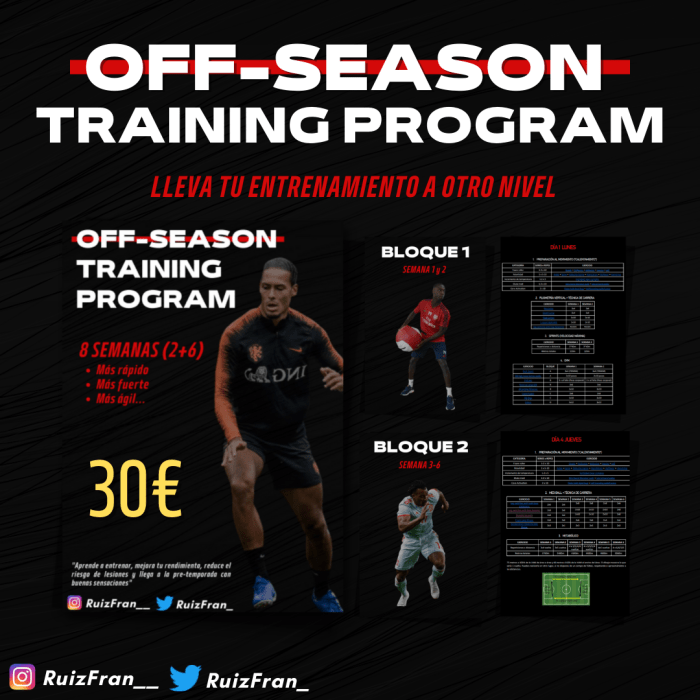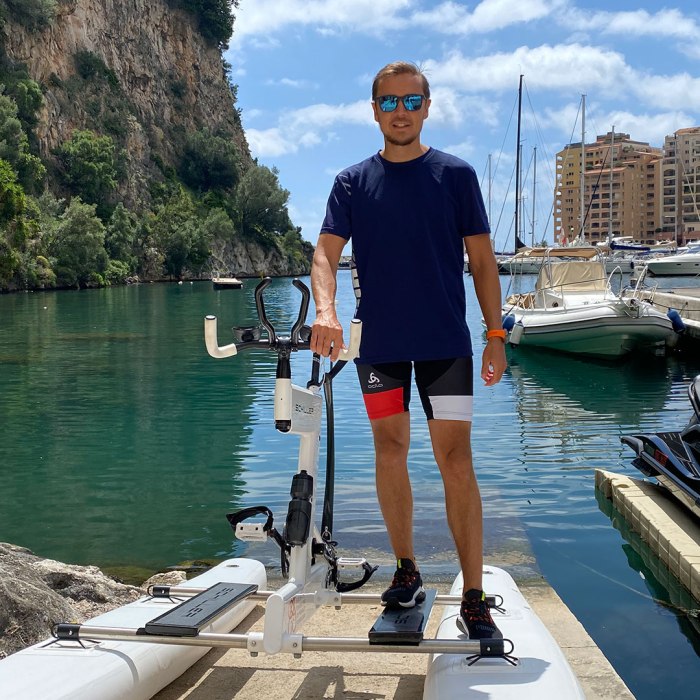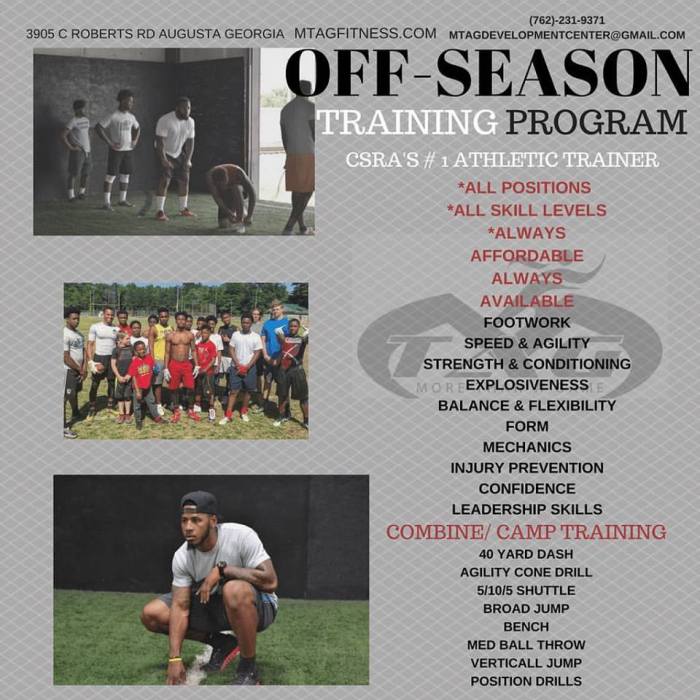Training during the off season should: take center stage as athletes seek to maintain their skills, recover from the rigors of competition, and prepare for the upcoming season. This comprehensive guide delves into the essential elements of off-season training, providing expert insights and practical advice to optimize performance and well-being.
From maintaining physical fitness and technical proficiency to promoting recovery and preventing injuries, this guide covers all aspects of off-season training. It also emphasizes the importance of goal setting, mental health, and nutrition, ensuring a holistic approach to athlete development.
Training During the Off-Season

Training during the off-season is crucial for athletes to maintain their physical fitness, technical proficiency, and mental well-being. It provides an opportunity to recover from the demands of competition, prevent injuries, and set goals for the upcoming season.
Maintenance of Skills
Maintaining physical fitness and technical proficiency during the off-season is essential to ensure a smooth transition back to competition. Athletes should engage in exercises and drills that focus on maintaining their strength, speed, endurance, and coordination.
Cross-training can be an effective way to maintain fitness while reducing the risk of overuse injuries. Cross-training involves participating in activities that are different from the primary sport, such as swimming, cycling, or yoga.
Recovery and Regeneration
Rest and recovery are crucial for athletes during the off-season. Adequate sleep, nutrition, and hydration are essential for muscle recovery, reducing inflammation, and promoting overall well-being.
Massage, stretching, and other recovery techniques can also be beneficial in promoting muscle relaxation, reducing soreness, and improving range of motion.
Injury Prevention
Injury prevention is a key aspect of off-season training. Athletes should focus on exercises and activities that strengthen muscles, improve flexibility, and promote proper biomechanics.
Proper nutrition, hydration, and sleep are also important factors in injury prevention. A balanced diet provides the nutrients necessary for muscle recovery and repair, while adequate hydration helps prevent dehydration and muscle cramps.
Goal Setting and Planning
Setting goals and developing a training plan for the off-season is essential to ensure a productive and successful return to competition. Goals should be realistic, achievable, and specific.
Training logs and other tools can be useful for tracking progress, identifying areas for improvement, and staying motivated.
Mental Health and Well-being, Training during the off season should:
Mental health and well-being are important considerations for athletes during the off-season. Managing stress, anxiety, and depression can help improve performance and overall well-being.
Relaxation techniques, mindfulness, and social support can be beneficial in promoting mental health and well-being during the off-season.
Nutrition and Hydration
Maintaining a healthy diet and hydration during the off-season is essential for recovery and training. Athletes should consume a balanced diet that includes a variety of nutrient-rich foods and drinks.
Supplements and sports drinks can be useful in supporting recovery and training, but should be used under the guidance of a qualified healthcare professional.
Key Questions Answered: Training During The Off Season Should:
What are the key benefits of off-season training?
Off-season training allows athletes to maintain their fitness levels, improve their skills, recover from injuries, and prepare for the upcoming season.
How can athletes prevent injuries during the off-season?
Athletes can prevent injuries by engaging in proper warm-ups and cool-downs, maintaining good hydration, and listening to their bodies.
What is the importance of goal setting in off-season training?
Goal setting provides athletes with direction and motivation, helping them to stay focused and make the most of their training time.

